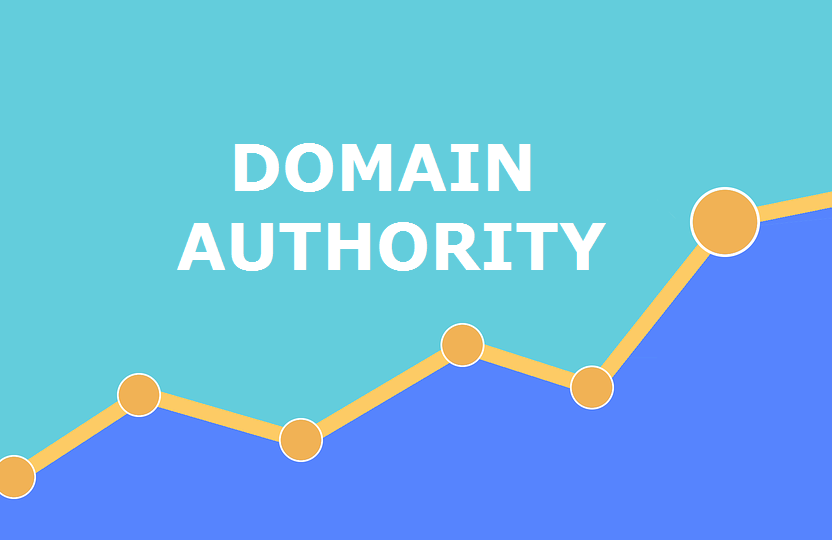

Are you looking for ways to boost your website's SEO?
A reliable domain rating checker can be a great tool to help you do just that. Learn how this tool works and the features it offers, as well as steps to improve your domain rating, reasons to use one, common misconceptions, and tips for optimizing your domain rating.
Get the most out of your SEO efforts with a domain rating checker.
You'll benefit greatly from using a reliable domain rating checker to enhance your SEO efforts. It's a great way to measure the quality of backlinks, assess website authority, and track the success of your SEO strategies.
With a domain rating checker, you can get an idea of how your website ranks in comparison to your competitors. It can also help you find and fix any technical issues that could be affecting your site's performance.
Additionally, a domain rating checker can help you identify and analyze potential opportunities to improve your rankings. Ultimately, it will help you increase your visibility and boost your online presence.
To understand how a domain rating checker works, it's important to look at the components that make it up. A domain rating checker consists of several factors, such as domain age, page authority, and backlinks.
Domain age is based on how long a domain has been registered, while page authority is a measure of how well a domain ranks on search engine results pages. Backlinks are links from other websites to a domain, and the more backlinks a domain has, the higher its rating. The checker also takes into account the quality of the backlinks.
Poor quality backlinks can lower a domain's rating, while higher quality backlinks can improve it. Finally, the checker looks at the content of a domain. Content must be relevant to the domain and of a high quality in order to improve a domain's rating. By using a reliable domain rating checker, businesses can get an accurate assessment of their SEO efforts.

Once you have a reliable domain rating checker, you can take advantage of its features to enhance your SEO efforts. The checker will provide you with a domain rating score for each website you are researching. This score will give you a better understanding of the website's authority and trustworthiness.
Additionally, it will also give you insight into the website's backlinks and referring domains. This information can be used to identify link-building opportunities and to assess the safety of any potential link partners.
Furthermore, the domain rating checker can provide you with metrics such as Domain Authority, Page Authority, and Trust Flow, to help you track your SEO progress over time. These metrics can also be used to compare your website to those of your competitors. With all these features, a domain rating checker can help you make the most of your SEO efforts.
By taking steps to improve your domain rating, you can maximize the effectiveness of your SEO efforts. Start by ensuring your content is of the highest quality, including well-written, informative, and relevant articles.
Make sure to use appropriate keywords and phrases throughout, as well as optimizing images and other media files. Additionally, ensure the website has a solid technical foundation, such as fast page loading, mobile-friendly design, and secure HTTPS.
Link-building is another important factor, as inbound links from high-quality websites will help improve your ranking. Finally, make sure to track your domain rating and monitor progress over time. With these steps, you can ensure your SEO efforts are successful.

If you want to maximize the results of your SEO efforts, using a reliable domain rating checker is an essential part of the process. A domain rating checker allows you to accurately and quickly assess the authority of your domain and compare it to other sites.
It also helps you to check the domain rating of your competitors. Knowing your domain rating and that of your competitors can help you to understand how you rank against them and how to improve your own SEO performance.
Additionally, a domain rating checker can help you identify important SEO metrics such as backlinks and page authority quickly and easily. This can help you to identify areas of improvement and make changes that can help you rise up the search engine rankings. With a reliable domain rating checker, you can make sure you are always staying ahead of the competition.
You may have misconceptions about domain rating checkers, but understanding the basics can help you make the most of them. Some businesses may think that domain rating checkers are only for large companies and not beneficial to small businesses.
However, domain rating checkers are useful for businesses of all sizes. They can provide valuable insights into how your website is doing in terms of SEO and give you an idea of how you can improve. Another common misconception is that domain rating checkers are difficult to use.
But, in reality, they are quite easy to use and don't require any technical expertise. Finally, don't assume that domain rating checkers are expensive. Many domain rating checkers are free, or offer a free trial period. By understanding the basics of a domain rating checker and dispelling these misconceptions, you can make the most of your SEO efforts.

A domain rating checker is different from other SEO tools because it can provide you with more detailed insights about the quality of your domain. It assesses your domain's trustworthiness, authority, and overall online presence, which can help you identify areas where your SEO efforts need to be improved. It also gives you an idea of how your domain compares to the competition, so you can make informed decisions about your SEO strategy. Unlike other SEO tools, a domain rating checker allows you to measure the success of your SEO efforts over time, giving you an indication of what is working and what needs to be tweaked.
Low domain rating can often be caused by a few key issues. One of the most common is a lack of backlinks. Without other websites linking to yours, your domain rating will usually remain low. Additionally, poor website structure, such as missing meta tags or a lack of internal links, can also contribute to a low rating. Lastly, if your website is not properly optimized for search engine crawlers, it can lead to a low rating as well. All of these can be remedied with careful analysis and proper optimization.
To increase your domain rating, the most effective strategies are to focus on creating high-quality content, optimizing your website for search engine optimization (SEO), and building backlinks from reputable websites. You should also ensure your website is mobile-friendly, as this can have a positive impact on your domain rating. Additionally, using social media and engaging with users can help build your domain rating. Finally, monitor your domain rating regularly to ensure you are making progress.